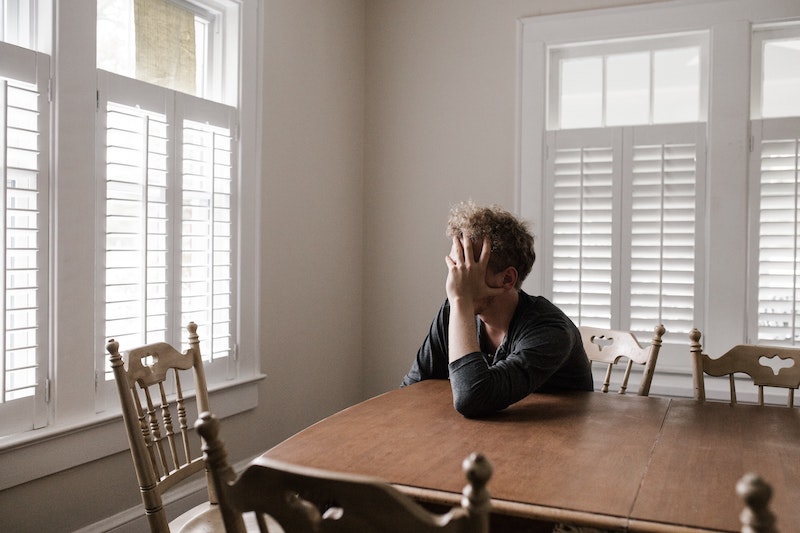
The Link Between Diet & Depression
You’ve probably heard about the many benefits that nutritious foods can offer for your physical health—for example, eating a healthy diet can strengthen your bones, support your immune system, and lower your risk of developing cancer, heart disease, and various other conditions. But did you…




